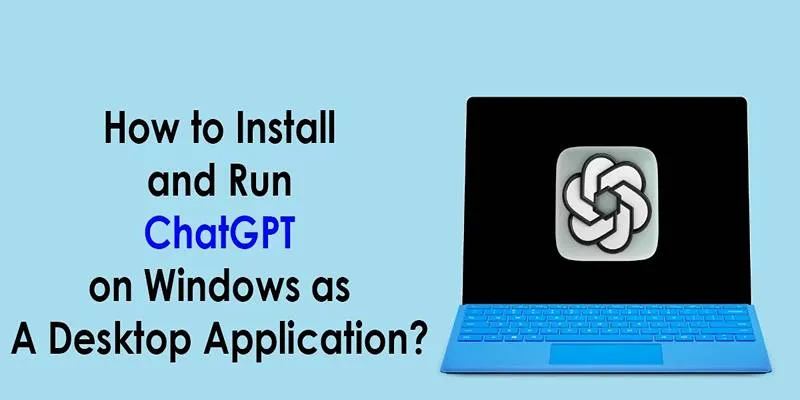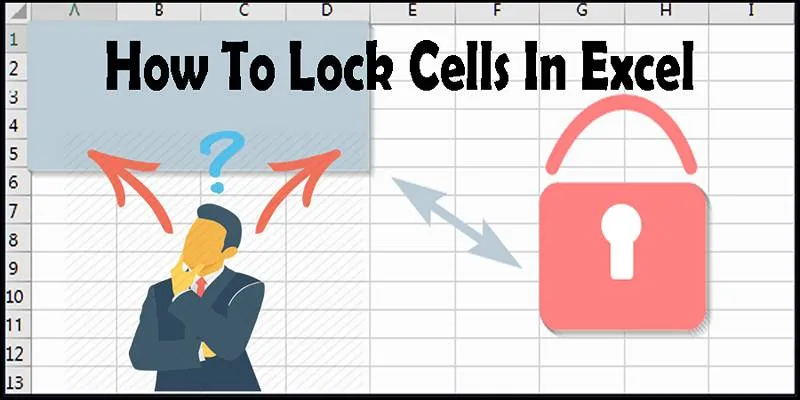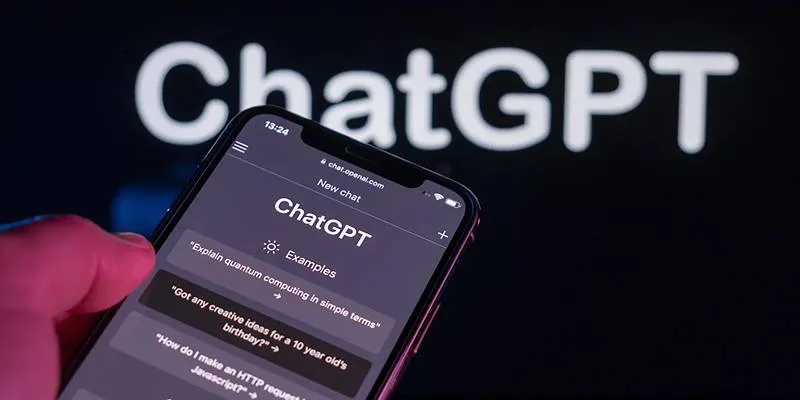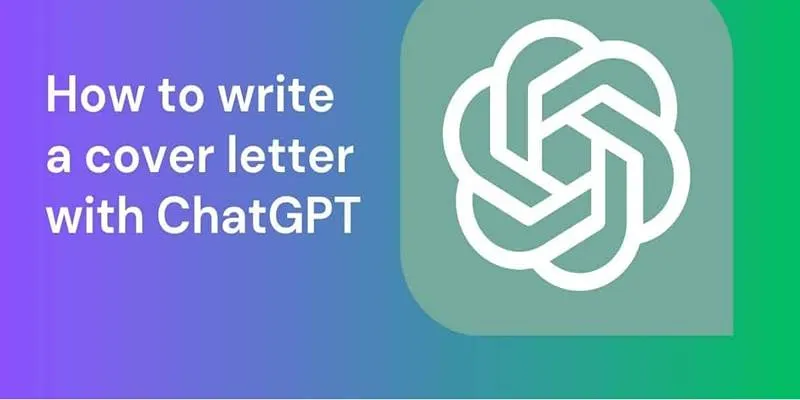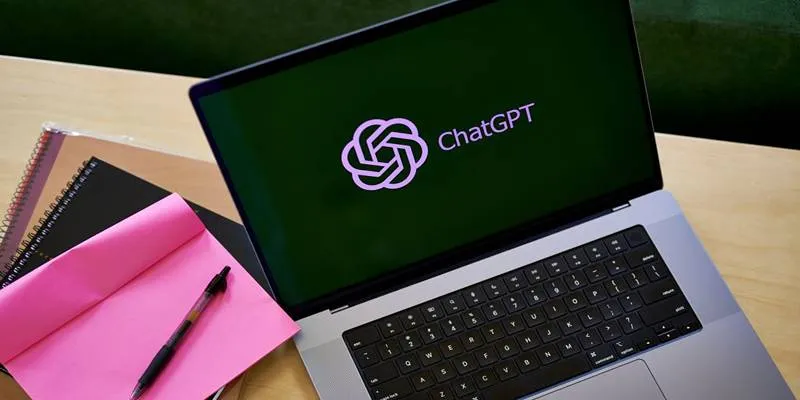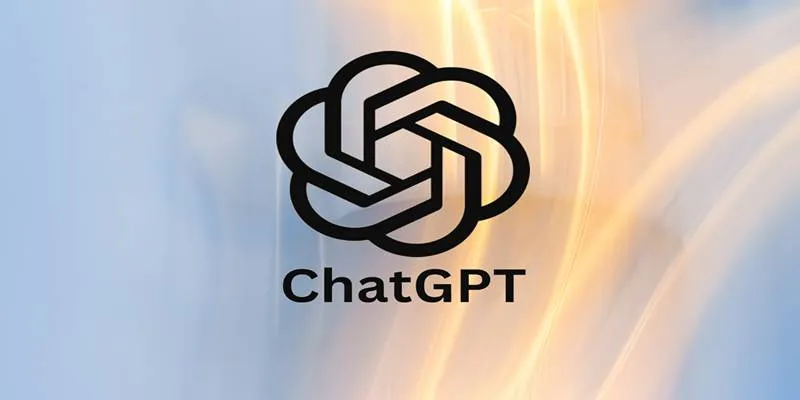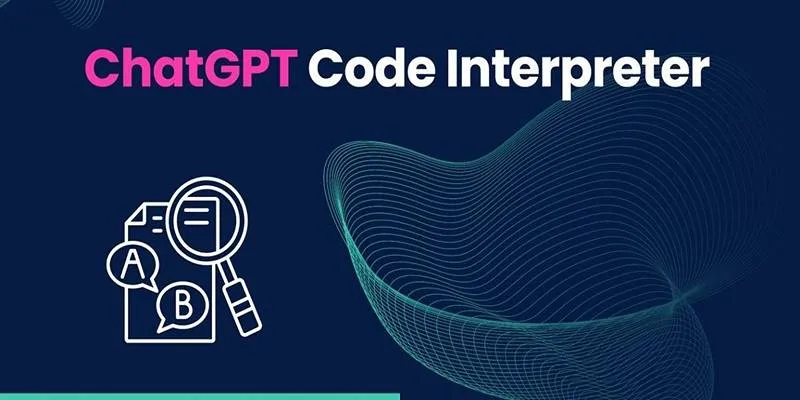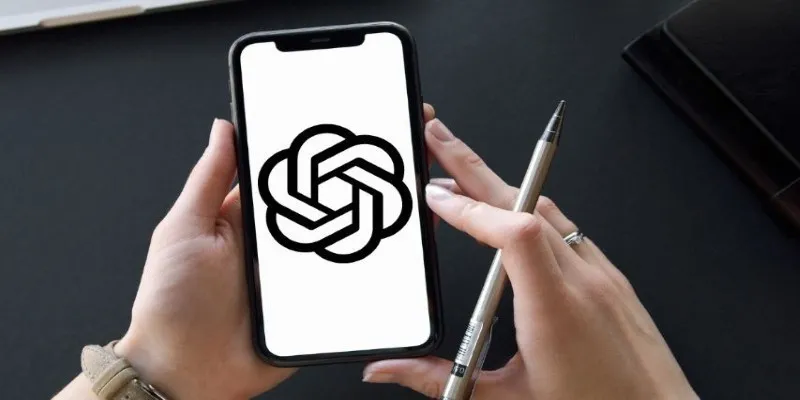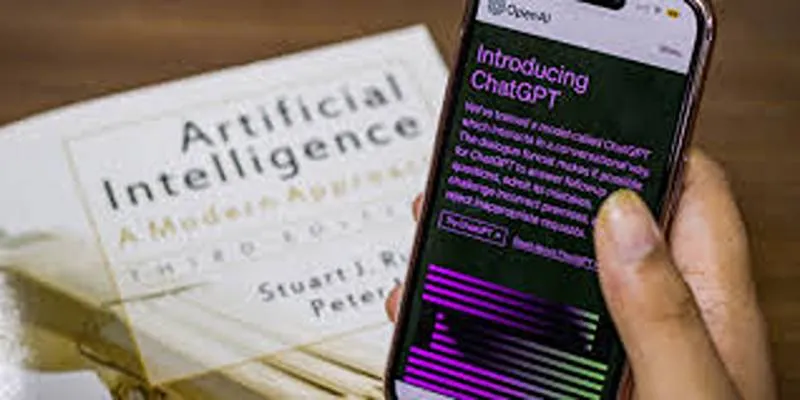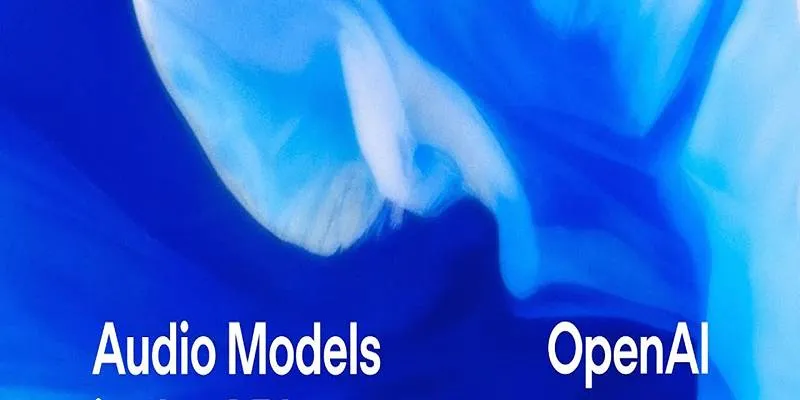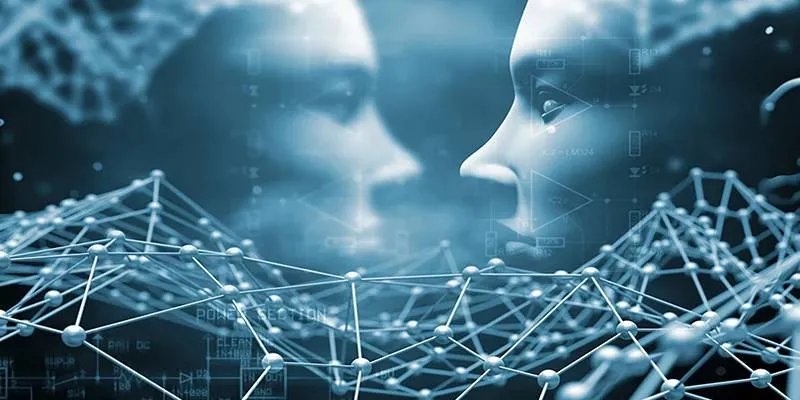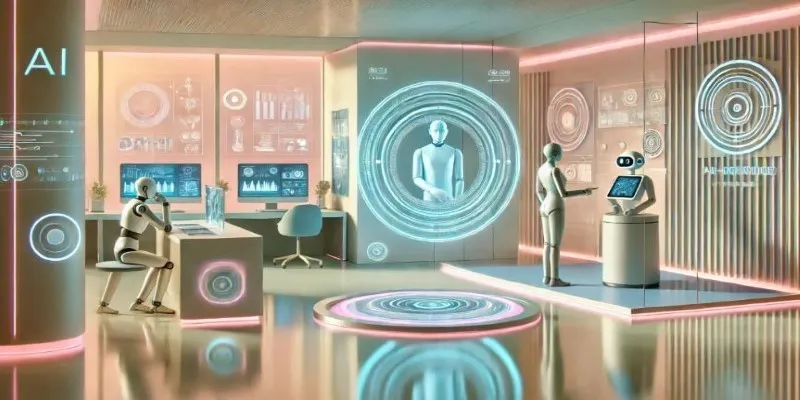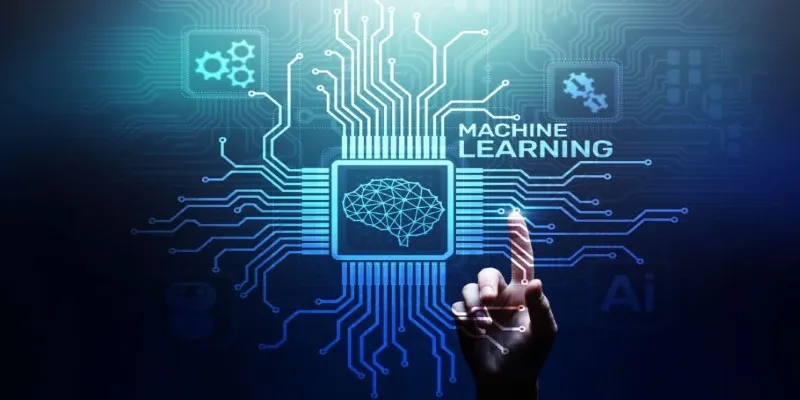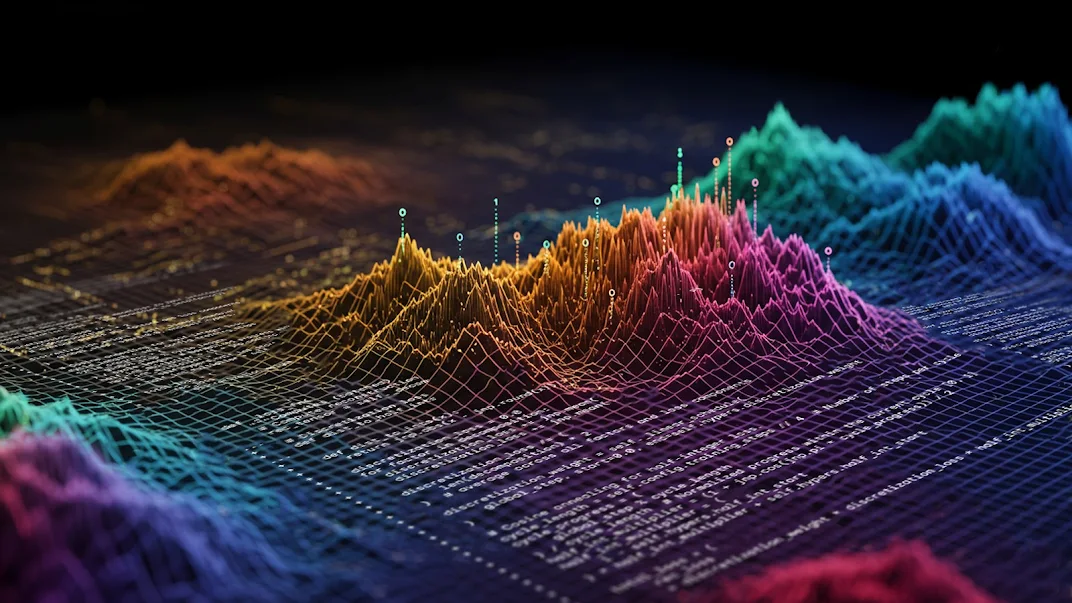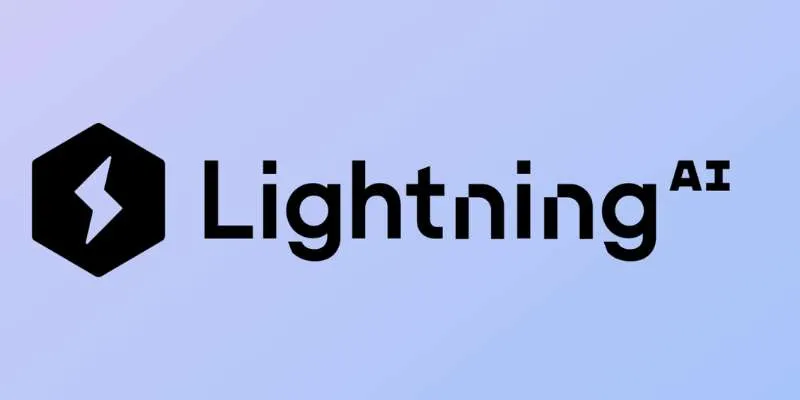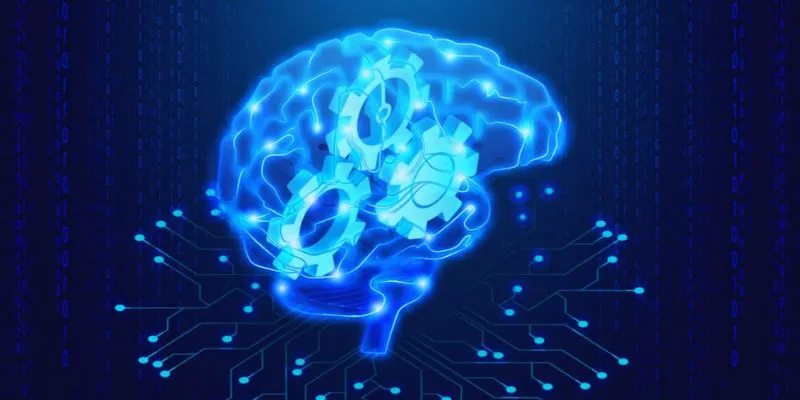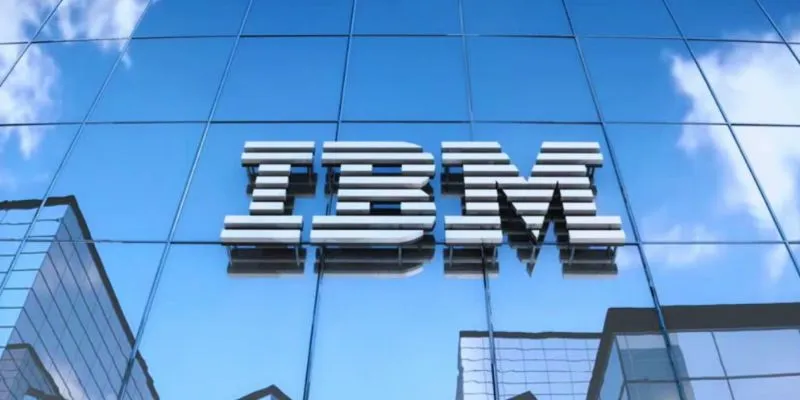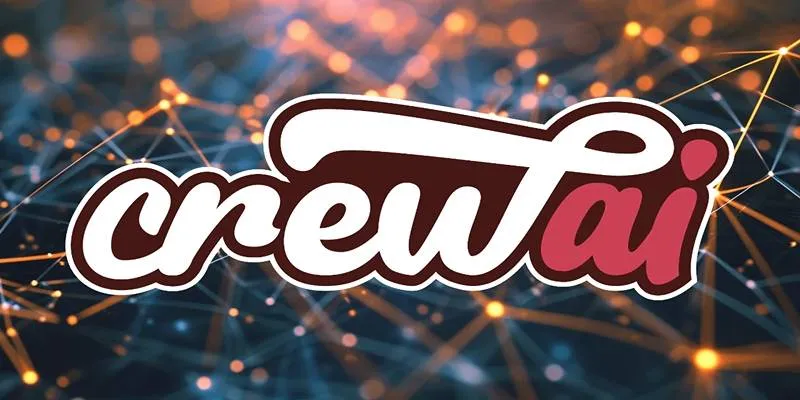The rise of artificial intelligence tools like ChatGPT has ignited a surge of experimentation across various industries and user communities. While these models are powerful in generating human-like text, their capabilities are often misunderstood or misused. A concerning trend gaining visibility online is the attempt to generate Windows 11 product keys using AI chatbots.
This seemingly harmless activity might appear to offer a shortcut for accessing premium software at no cost. However, the truth is far from benign. Generating or using Windows 11 keys through AI is not only ineffective but also illegal and ethically questionable. This post explores why AI-generated product keys should never be used, outlines the legal implications, debunks common myths, and discusses the broader consequences for users and the tech community.
Why AI Chatbots Cannot Generate Legitimate Activation Keys?
AI language models, including ChatGPT, operate based on pattern recognition and large-scale language modeling. They do not have access to Microsoft’s proprietary licensing systems, nor can they issue legitimate product keys. When users request keys, AI may respond with what looks like a valid format, but it is essentially just a random or publicly known default string.
Most often, these are:
- Setup or installation keys : Used to install the OS but do not enable full functionality.
- Default keys : Provided publicly by Microsoft for volume activation setups, not individual licensing.
- Random character sequences : Mimicking the format of genuine keys but without any functionality.
These outputs cannot unlock the operating system, nor can they validate Windows through Microsoft’s activation servers. In short, these keys are non- functional and misleading.
The Legal Implications of Using AI-Generated Keys
Attempting to activate Windows 11 using unauthorized or AI-generated keys is not just a misuse of technology—it is a clear legal violation. Windows is a licensed product, and Microsoft’s terms of use strictly prohibit unauthorized distribution or activation methods.
Here are the legal risks involved:
- Violation of Microsoft’s Licensing Agreement : All users agree to Microsoft’s terms when installing and activating Windows. Circumventing activation requirements breaches that contract.
- Software Piracy : Using or distributing fake activation keys is a form of software piracy. In many jurisdictions, this is a criminal offense that can lead to fines or prosecution.
- Violation of Copyright Law : Product keys are protected under copyright and intellectual property law. Copying or misusing them infringes upon Microsoft’s legal rights.
Even if one does not profit from using or sharing such keys, the act alone qualifies as unauthorized access to paid software, which carries serious consequences for individuals and organizations alike.
The Ethical Concerns Behind Key Generation Attempts

Beyond the legal ramifications, using AI tools to generate software keys presents major ethical concerns. AI is designed to enhance productivity and support innovation—not facilitate unethical shortcuts.
Here’s why this misuse undermines ethical standards:
- It promotes dishonesty : Using unlicensed software misrepresents one’s right to access it.
- It devalues software development : Developers and tech companies rely on licensing revenue to fund updates, support, and innovation.
- It encourages further abuse of AI tools : When users exploit AI for illegitimate purposes, it reflects poorly on the broader AI ecosystem and invites greater regulation or restrictions.
By choosing to respect software licensing laws, users help sustain an ethical digital environment and ensure ongoing access to secure, updated, and well- supported tools.
The Security Risks of Pursuing Unauthorized Activation
Attempting to activate Windows through illegitimate methods opens the door to significant security threats. While some users turn to AI chatbots, others venture into shady forums, torrent sites, or piracy platforms, which are breeding grounds for malware and other digital threats.
The dangers include:
- Malware and viruses : Downloaded tools claiming to “activate Windows” often come bundled with malicious software that can damage systems or steal data.
- Backdoor vulnerabilities : Altered system files may introduce security holes, making devices more vulnerable to hacking.
- Lack of updates : Unlicensed systems may not receive critical security updates from Microsoft, leaving them exposed to known vulnerabilities.
These risks far outweigh any perceived benefit of “free” access. In effect, users jeopardize their data, privacy, and device functionality for something that is both unlawful and unreliable.
Misleading Information and the Role of AI Myths
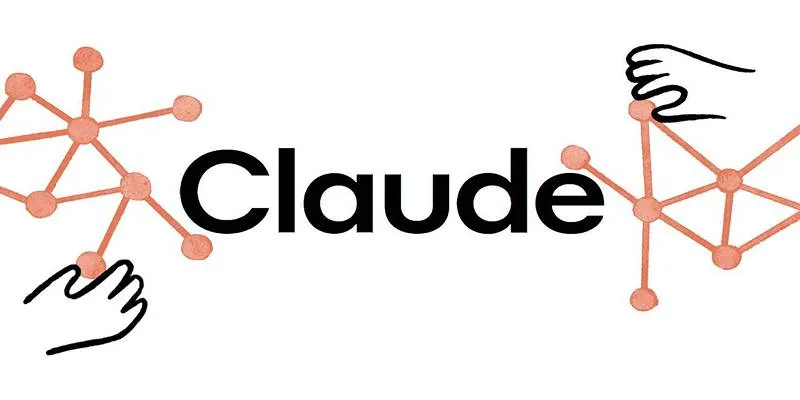
The misconception that AI tools can successfully generate Windows 11 keys stems from a misunderstanding of how AI works. Language models do not connect to software databases or licensing servers; they generate plausible-sounding responses based on patterns in the data they were trained on.
Unfortunately, when sensational claims are posted online—especially without evidence—they can spread rapidly. Misleading blog posts, clickbait headlines, and low-effort content contribute to public confusion. The result is a false sense of capability that overstates what AI can actually do.
Critical thinking, supported by research and verification from trusted sources, is essential. Believing in myths around AI-generated keys not only leads users astray but also undermines the credibility of AI technology as a whole.
What Users Should Do Instead?
Rather than attempting to bypass licensing through AI or unauthorized tools, users should follow legitimate pathways to obtain software:
- Purchase a license directly from Microsoft or an authorized retailer.
- Look for bundled licenses with new hardware, such as laptops or PCs.
- Use free or open-source alternatives where cost is a concern.
Not only do these methods ensure full access to updates and customer support, but they also offer peace of mind—knowing the software is legal, safe, and reliable.
Conclusion
The temptation to use AI chatbots like ChatGPT to generate Windows 11 activation keys might stem from curiosity, misinformation, or a desire to avoid licensing costs. But the reality is simple: it doesn’t work, it’s illegal, and it carries serious risks.
AI tools have immense value when used ethically and responsibly. Misusing them to access proprietary software not only violates the law but also harms the broader digital community. By steering clear of questionable shortcuts and embracing legitimate practices, users support a safer, more honest, and sustainable technological future.
 zfn9
zfn9
